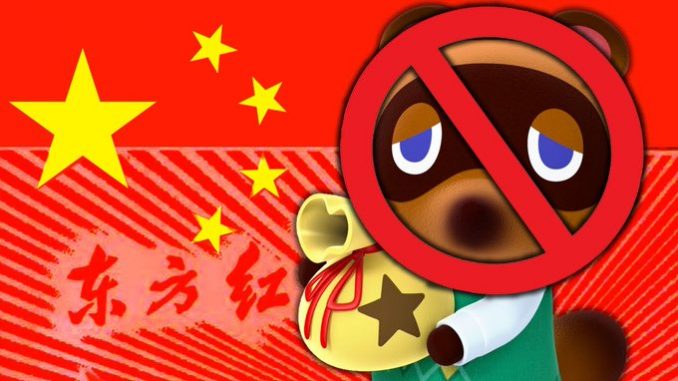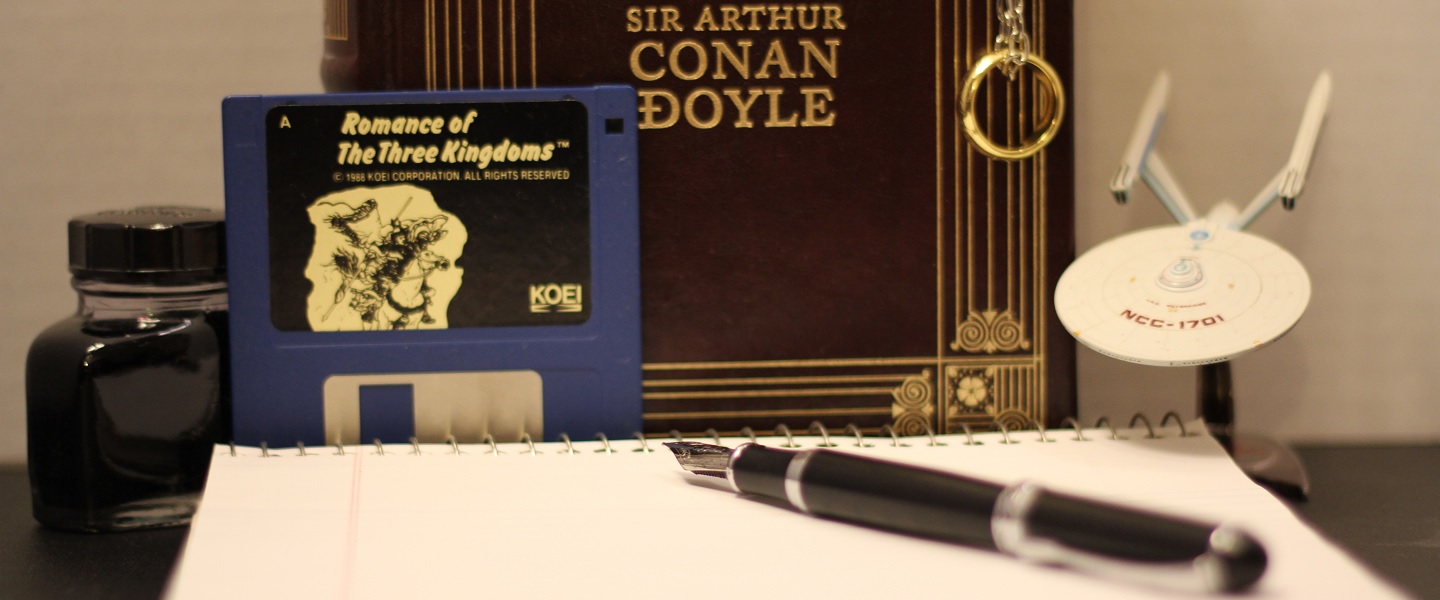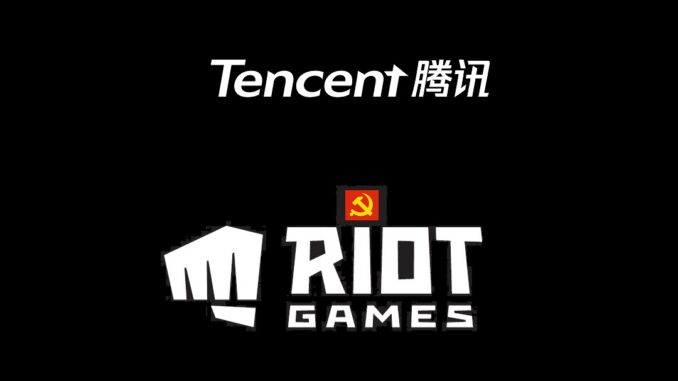
Chinese regulators are enforcing strict new limits on video game playing time for children during their winter school break, as reported by the South China Morning Post. The time limit caps gaming at 15 hours per month, according to recent announcements by gaming giants Tencent Holdings and NetEase which owns games such as League of Legends, Valorant, and Marvel Rivals.
The time limit started January 13 and will last until February 13. Children under 18 years old will only be allowed to play video games for up to one hour per day on Fridays, Saturdays, Sundays, and holidays. This regulation, which was first introduced in August 2021, continues to be enforced by the Chinese government with the aim of curbing video game addiction among young people.
Tencent, which operates the world’s largest video gaming business by revenue, and NetEase, another major player in the industry, have confirmed adherence to these regulations. Tencent’s policy aligns precisely with the 15-hour limit, while NetEase’s cap is set at no more than 16 hours from January 15 to February 14.
Both Chinese companies have already implemented technology within their games to enforce the Chinese Communist Party’s time limit. Back in 2018, Tencent-owned developer Riot Games implemented an Anti-Addiction System (AAS) that tracks a player’s game time and gives the government the ability to kick them from League of Legends and Valorant. Tencent also implemented mandatory age and real-ID verification systems.
In order to further enforce the CCP’s guidelines, the companies have also been using facial recognition software for the past few years: Tencent since 2018 and NetEase since 2020. The facial recognition software is used to prevent minors from circumventing the limits by playing on accounts that are registered to adults.
The CCP’s regulations on video games are actions due to its ongoing concerns about the health impacts of excessive screen time on youth that includes potential addiction and myopia. The Chinese government’s National Press and Publication Administration has stressed the importance of these measures for the physical and mental well-being of minors while urging them to engage in more physical activities and other beneficial pursuits.
For years, the gaming industry in China, which is one of the largest globally, has faced a plethora of regulatory roadblocks in recent years. This includes a previous freeze on new game approvals and exceptionally strict guidelines for western developers to release their games in the country. However, despite these new limits, there are no restrictions on time spent on other forms of online entertainment like short videos, which could result in a shift in screen time rather than a decrease.
The Chinese industry has been gobbling up western developers and slowly gaining a large foothold in western gaming. Especially with more recent games such as Black Myth: Wukong, the Chinese developed Marvel Rivals, and the upcoming Ananta. China’s continued growth presents disconcerting issues in light of the technology and software implemented in the Chinese versions of games that can make their way into the western gaming sector.
Privacy, safety, censorship, and more are all concerns for western gamers. Concerns given more legitimacy in light of the United States Department of Defense labelling Tencent as a “Chinese Military Company.”
Author’s Note:
Support this site by donating via Paypal or even checking out our merchandise on RedBubble where you can find designs that cater to writers and readers. Money donated and raised goes into paying for this website and equipment.
Interested in posting this article, or another article, on your website? Check out our prices to make that happen – https://tinyurl.com/mrxa56pp
Check out our Non-BUYnary txt design!




